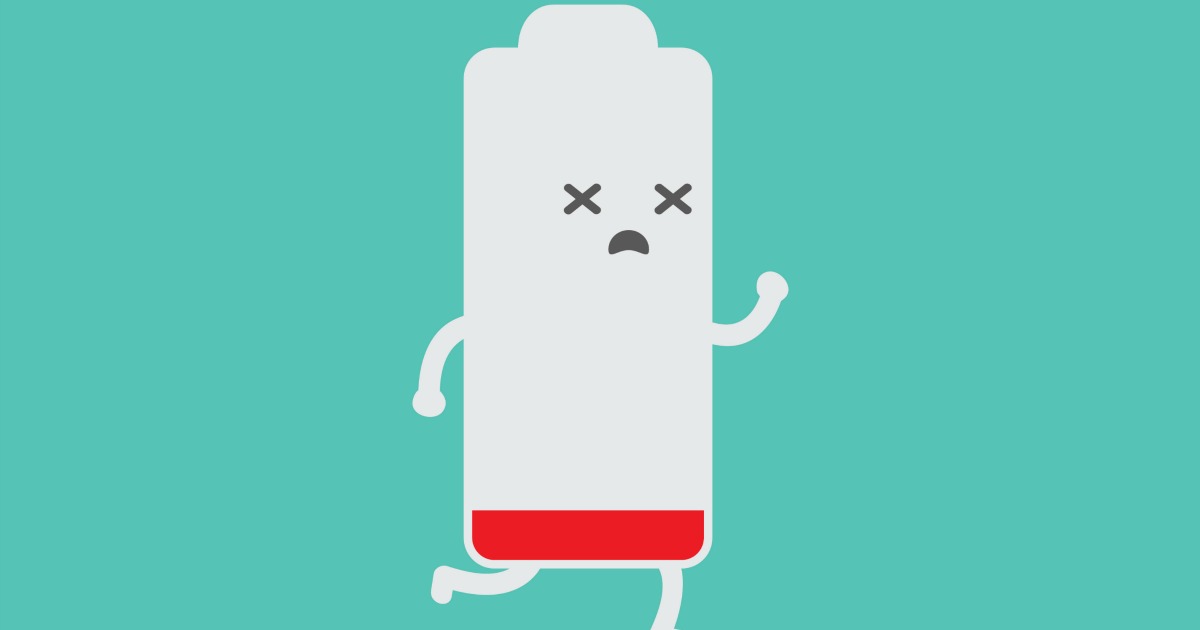Here’s one data set:

Seems relatively logical to me. This is from the team over at Blind, by the way.
I’ve covered off on all these topics in my blogging day. I’ll spare you the links for right now. Most people I know claim to be burned out / exhausted by their jobs / general professional existence, but some of that is bullshit too — while I think the “busy busy busy” culture can be real in spots, the fact also remains that people prioritize what they choose to prioritize. That can’t be ignored.
The paradoxical element of all this is that, in the 1930s, people were predicting we’d work 4-6 hour/weeks by now because of all that technology would empower. There’s potentially a reason stuff like Four-Hour Workweek becomes a best-seller. I think we all secretly know we could work less, but the problem is (a) meetings and stuff scheduled for us and (b) personal relevance. Work is a huge source of personal relevance. If you aren’t working, what are you going to do all day? Most people, especially men, can’t answer that question — which is why you see these sales warriors retire and end up working at Lowe’s or something, because they just want the chance to get out of the house and up-sell or cross-sell someone on a bag of nails. This is fucking life. We can’t avoid that reality of how men especially relate to work.
Kinda the same shit with all the rage about “group chat” tools or general “collaboration economy.” I know guys who are obsessed with Slack. If Slack was a girl at a bar, they might get arrested — that’s how far they’d go to get Slack’s attention. (Would Slack be in a mini-dress?) The thing is, great, OK, super, you have an app on your phone/desktop and you’re “getting less email.” All these tools are a joke and don’t make us more productive. Slack is basically email folders in the form of conversations. So now you’ve scaled your email folders and get less in your main Inbox. Congrats. I’ll name a sandwich after you.
The final issue/problem here is that most guys, as they come to run companies or silos, they subscribe to a more more more attitude. We need more customers. (That one is logical.) We need more slide decks. More website categories. More leads. More PR opportunities. More trade shows. More podcasts. More hot girls in HR. More A-Players.
But the problem is, they don’t actually execute on making the “more” happen. They just demand it. Everyone that has to make it happen so it can be mentioned in a report with an up arrow next to it? They get burned out. And that psychology is why despite all this advanced tech, we can’t find a way to work less or more productively. It’s all about terrible leadership and unclear priorities — so it’s not surprising that was the top reason in this data set.
What else would you add on burnout?
